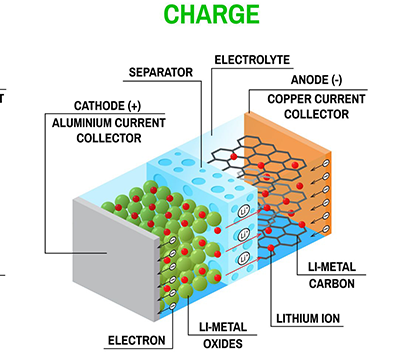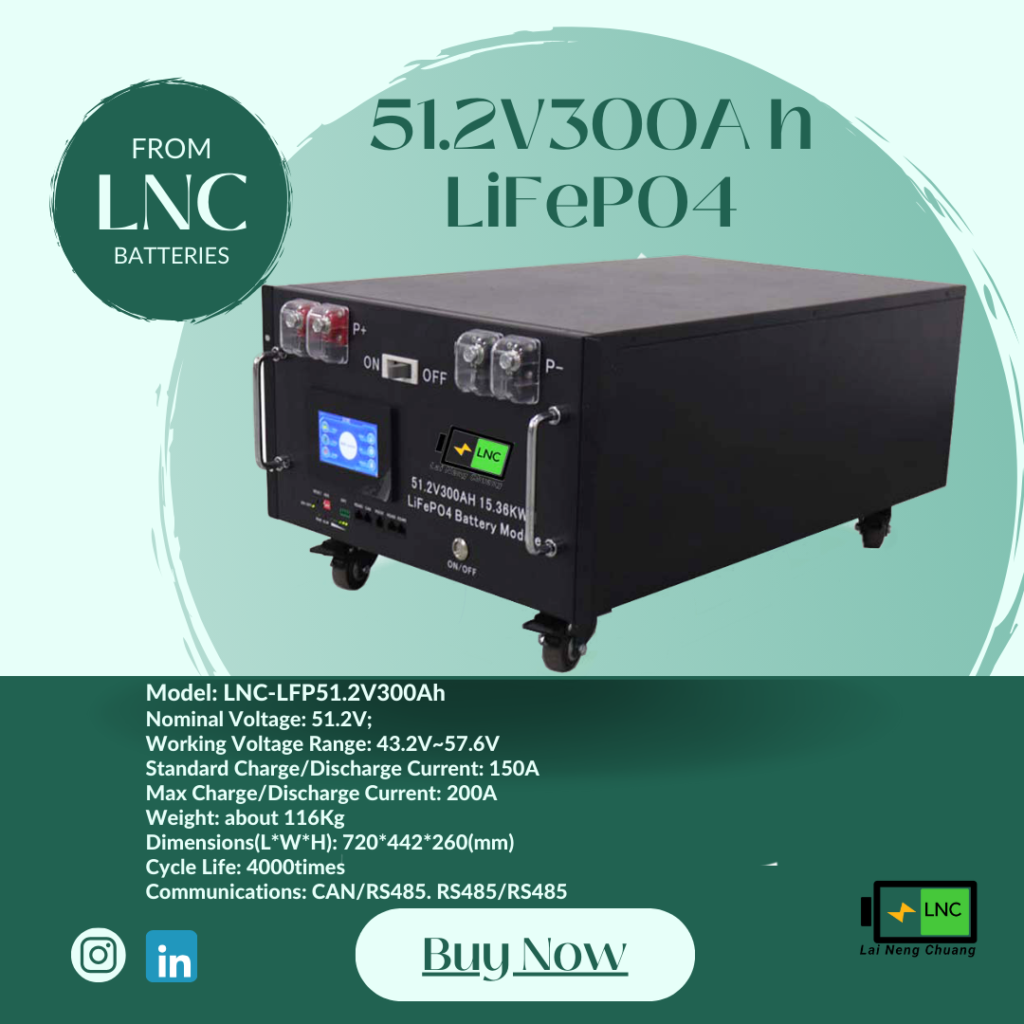
Similar Posts

Application scenarios of energy storage batteries
The application scenarios of energy storage batteries are very wide, covering many fields from power systems to transportation, from industrial production to residents’ lives. The following is a detailed summary of the main application scenarios of energy storage batteries:

Common Parameters and Formulas for Lithium-ion Batteries
(1) Theoretical Capacity of Electrode Material The theoretical capacity of the electrode material, assuming that all lithium ions in the material participate in the electrochemical reaction, is calculated using the following formula: Theoretical capacity(mAh/g)=Faraday constant F (C/mol)*Li’quantity*[1/molecules‘qunatity(mol/g)]*[1/3.6(mAh/C)] Where the Faraday constant (F) represents the charge carried by each mole of electrons, with a unit of…

Tests of Newly Manufactured Lithium Batteries
Newly manufactured lithium batteries need to undergo a series of rigorous tests to ensure their performance, safety, and reliability. Below is a detailed summary of these tests: I. Physical Property Tests 1. Dimension and Weight Test: Measure the dimensions and weight of the battery to ensure they comply with design specifications. 2. Visual Inspection: Check…

What is the impact of aging uniformity on battery packs?
Aging uniformity refers to how consistently the individual cells within a battery pack age over time. Variations in the aging rates of cells can significantly impact the overall performance, reliability, and lifespan of the pack. Here’s an explanation of the key impacts of aging uniformity: 1. Reduced Pack Capacity Impact: In a battery pack, the…

Self discharge method
Self-discharge methods of lithium batteries: static and dynamic! Lithium-ion battery self-discharge measurement methods are mainly divided into two kinds: 1) static measurement method, the self-discharge rate is obtained by standing the battery for a long time; 2) dynamic measurement method, the battery is realized in the dynamic process through parameter identification. Static measurementAt present, the…

Differences Between Lithium-ion Battery Protection Boards and BMS
Lithium-ion battery protection boards and BMS (Battery Management Systems) have some significant differences in functionality and purpose, although both are designed to protect the battery. I. Functional Differences 1. Lithium-ion Battery Protection Board: The primary function is to provide basic battery protection, such as overcharge protection, over-discharge protection, and short-circuit protection. It monitors parameters like…






